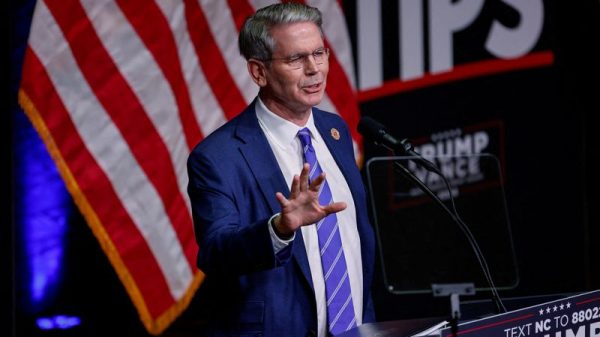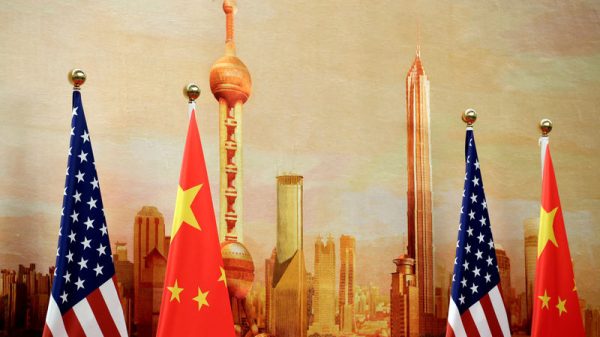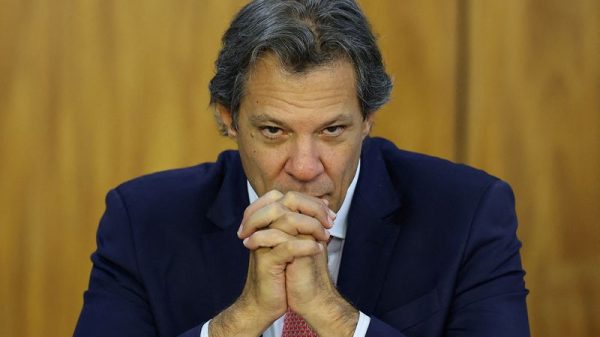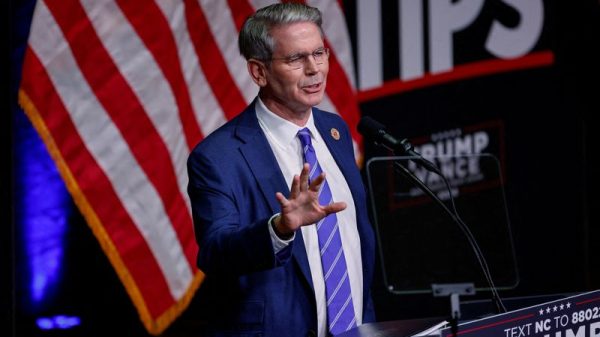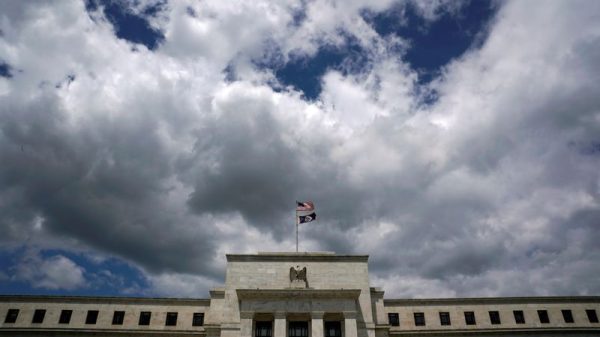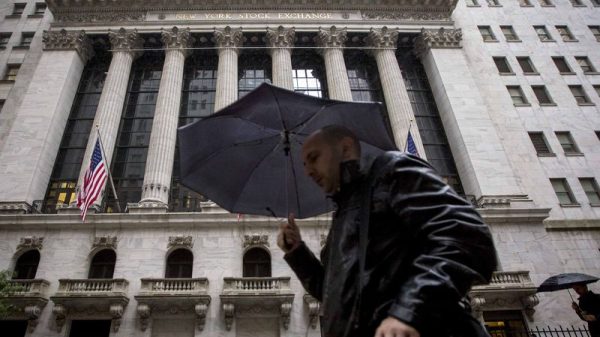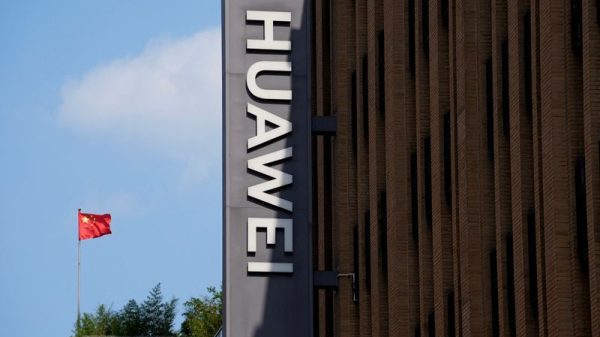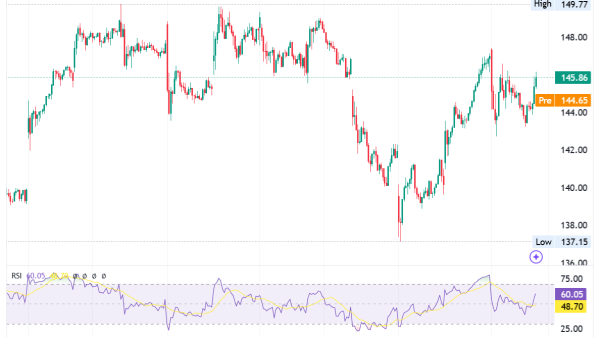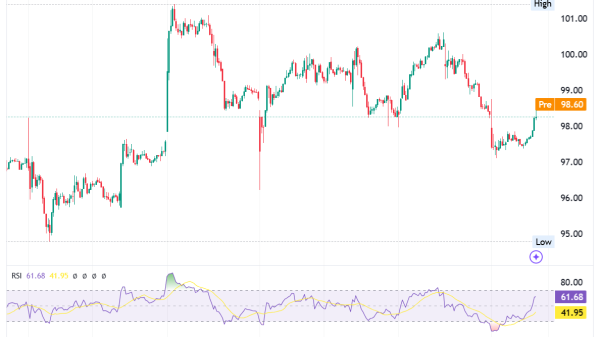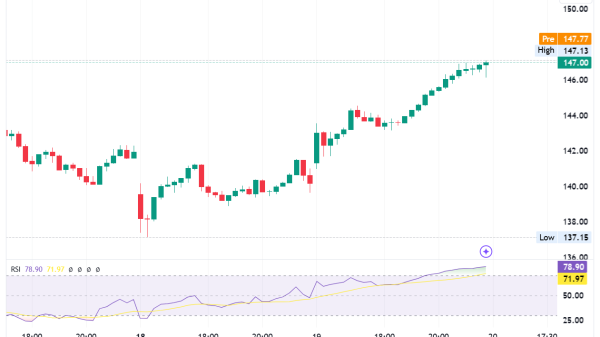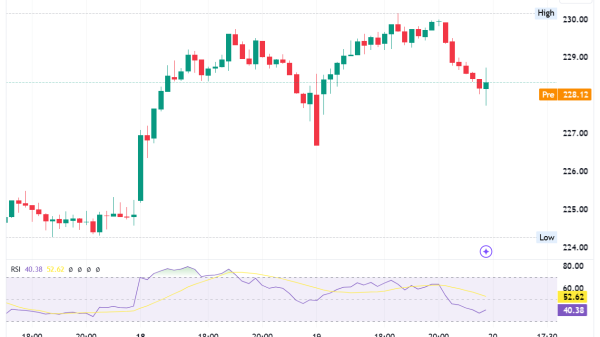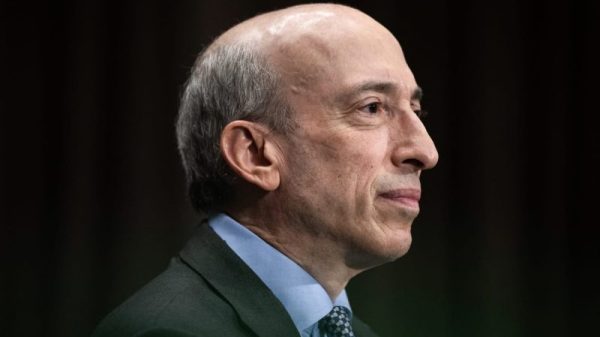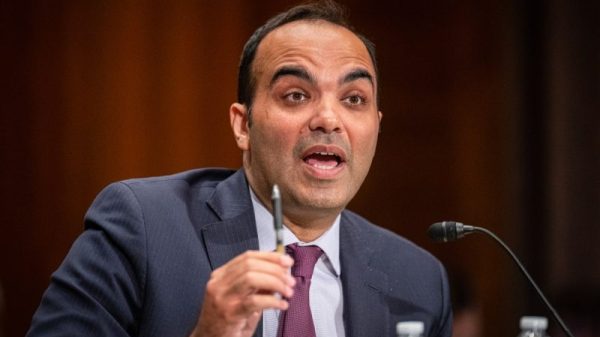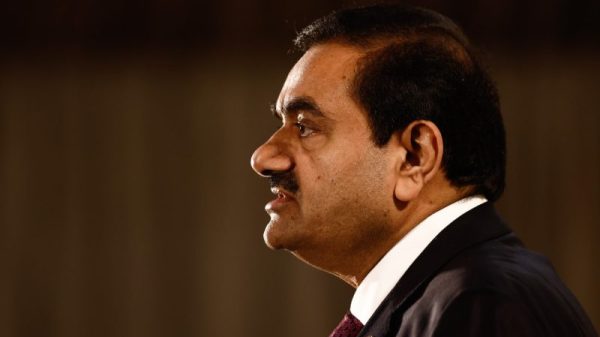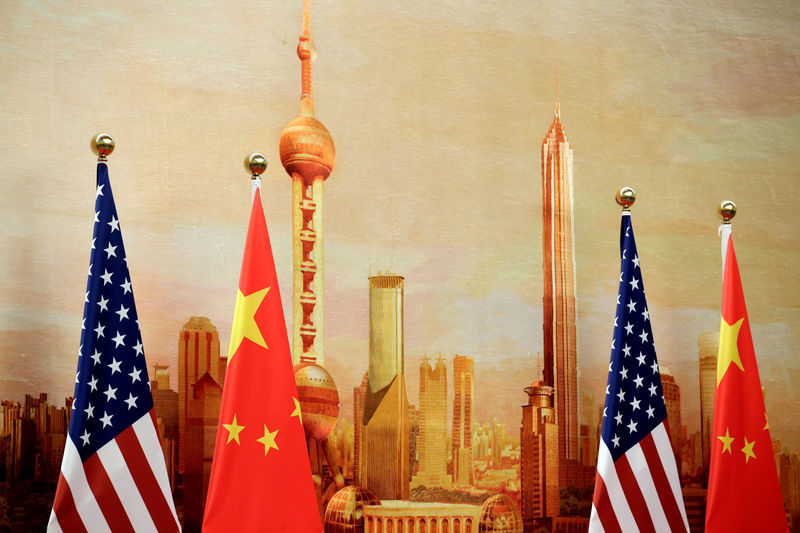Investing.com — A second Trump administration could bring significant shifts to global trade policy, signaling a return to the assertive and transactional approach seen during Donald Trump’s first term.
According to UBS strategists, this could manifest through aggressive tariff measures targeting countries with substantial trade deficits with the US, particularly China. The policy focus is likely to extend to sectors considered critical to national security and economic interests.
UBS identifies three potential tariff scenarios under a second Trump presidency. The first involves universal tariffs, which carry a 25% probability. This scenario envisions blanket tariffs on all US imports, such as a proposed 60% on Chinese goods and 10-20% on other countries.
While such measures could generate revenue to offset tax cuts via Congressional reconciliation, UBS notes the political and logistical challenges. A universal tariff approach would harm both the US and global economies more severely and could spark widespread retaliation, leading to an escalating trade war.
“In our view, President Trump would prefer to go the congressional route to achieve universal tariffs, although he has not yet publicly endorsed the idea. However, we believe that Congress will be unwilling to go along with it,” UBS strategists said.
“If Congress is unwilling to impose universal tariffs, the Trump administration can try to implement them using executive authority. However, there is no precedent for this, and it remains to be seen whether such a move would hold up against legal challenges,” they added.
Selective tariffs, with a 65% probability, are considered the most likely scenario. These would target specific goods or sectors using executive authority under existing trade laws.
UBS expects this approach would likely revisit the 2020 Phase 1 trade deal with China while addressing contentious issues with the EU and Mexico.
The bank highlights three factors that could soften the blow of selective tariffs on Asia, including China’s fiscal and monetary policies, stronger intra-regional trade, and rising US market share in the region.
The third scenario, a brokered deal to avoid tariffs altogether, is seen as unlikely, with just a 10% probability.
UBS points out that tariffs under Trump 2.0 would also have inflationary implications. Universal tariffs are expected to cause short-term price spikes, with UBS estimating a 10% tariff on all imports raising US price levels by up to 1.7% if corporate profit-led inflation amplifies the effects.
Selective tariffs, on the other hand, could have a more limited impact on inflation and economic activity.
These targeted measures would primarily focus on specific goods or sectors, allowing for trade rerouting to minimize disruptions.
“While bilateral trade between the US and partner countries may decline because of the tariffs, actual rebalancing of international trade or reshoring of economic activity back to the US would likely be negligible,” UBS’s report states.

